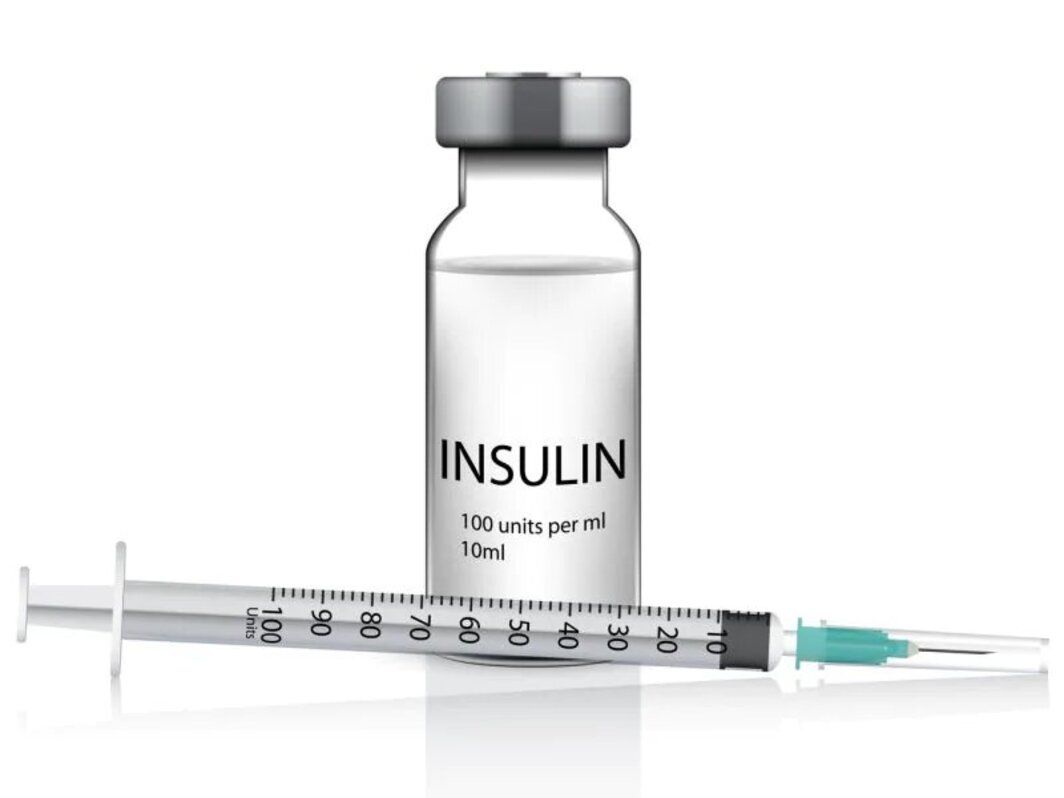Diabetes Management
Preventing Diabetic Ulcers: Strategies for Foot Health
2 min read
By Apollo 24|7, Published on - 24 July 2024
Share this article
0
0 like
.jpg?tr=q-80)
Diabetic foot ulcers, a common complication of diabetes, can lead to severe outcomes if not appropriately managed. The good news is that by adopting proactive strategies, individuals with diabetes can effectively prevent ulcers and maintain good foot health. This article will provide some practical steps to help you safeguard your feet from the adverse effects of diabetes.
Strategies to Prevent Diabetic Ulcers
- Vigilant Foot Care: Regularly inspecting your feet for any signs of injury or infection is crucial. This simple daily practice helps in early identification and management of potential problems.
- Choosing the Right Shoes: Investing in comfortable, well-fitting shoes is non-negotiable. Ill-fitted footwear can lead to blisters or calluses, increasing the risk of ulcers.
- Blood Sugar Control: Maintaining stable blood glucose levels is integral to preventing all diabetic complications, including foot ulcers. Consistent adherence to prescribed medication and dietary regimen can ensure good blood sugar control.
- Skincare Rituals: Maintain skin integrity by keeping your feet clean and moisturized. Wash and dry your feet regularly, and apply a suitable moisturizer to keep the skin healthy. Ensure the water temperature is below 37°C; use your elbow or forearm to test it to avoid burns.
- Weight Management: Achieving optimal weight helps reduce pressure on your feet. Seeking professional help for dietary planning and exercise regimes can be beneficial.
- Say No to Smoking: Smoking impairs blood circulation, which is essential for wound healing. Quitting smoking will significantly reduce your risk of foot complications.
- Regular Medical Check-ups: Consistent medical check-ups are vital for early detection of potential issues. Regular foot examinations by professionals can help prevent many complications.
- Pressure Relief Techniques: In high-risk cases or existing ulcers, using specialised footwear or devices that alleviate pressure on the affected area can expedite healing.
Maintaining Foot Health
- Regular Moisturisation: Keep your skin hydrated by applying lotion regularly but keep the spaces between toes dry to prevent moisture build-up.
- Avoid Barefoot Walking: Always wear shoes, even at home, to protect your feet from injuries.
- Prompt Medical Attention: Seek immediate medical help if you notice any signs of foot ulcers.
While adopting these strategies can significantly reduce the risk of developing diabetic foot ulcers, it's essential to consider enrolling in a comprehensive program like the Apollo Super 6. Developed by the doctors at Apollo, this programme offers personalised assistance and tools to manage type 2 diabetes effectively, promoting a healthier lifestyle.
Diabetes Management
Consult Top Diabetologists
View AllLeave Comment
Recommended for you

Diabetes Management
Why Are Some Diabetes Patients Treated with Insulin Injections?
Insulin injections play a vital role in managing diabetes. In type 1 diabetes, where the body doesn't produce insulin, these injections are essential for survival. For some with type 2 diabetes, a progressive condition involving insulin resistance, insulin therapy becomes necessary as the disease advances. It helps regulate blood sugar levels, preventing complications and improving overall health. Healthcare providers customize treatment plans to meet individual needs, ensuring precise control over blood sugar.
.jpg?tr=q-80)
Diabetes Management
How to Manage Diabetes with Biohacking Techniques
Biohacking can be a powerful tool for diabetes management. It involves making smart choices about diet, exercise, stress management, and consistent and timely monitoring of blood sugar levels for effective diabetes management. For comprehensive support, consider the Apollo Super 6 programme. Together, let's take a step forward towards a healthier life.
.jpg?tr=q-80)
Diabetes Management
A Guide to Consuming Pumpkin for Diabetics
Wondering if pumpkin is good for diabetes? Yes, it can be! With its low glycaemic load, nutrient richness and antioxidant properties, pumpkin makes for a smart choice. But remember - the key lies in portion control, smart cooking methods, and pairing it with proteins and fibre. For comprehensive guides and support in diabetes management, consider enrolling in the Apollo Super 6 programme.
Subscribe
Sign up for our free Health Library Daily Newsletter
Get doctor-approved health tips, news, and more.
Visual Stories

8 Fruits That are Incredibly Healthy for Diabetes
Tap to continue exploring
Recommended for you

Diabetes Management
Why Are Some Diabetes Patients Treated with Insulin Injections?
Insulin injections play a vital role in managing diabetes. In type 1 diabetes, where the body doesn't produce insulin, these injections are essential for survival. For some with type 2 diabetes, a progressive condition involving insulin resistance, insulin therapy becomes necessary as the disease advances. It helps regulate blood sugar levels, preventing complications and improving overall health. Healthcare providers customize treatment plans to meet individual needs, ensuring precise control over blood sugar.
.jpg?tr=q-80)
Diabetes Management
How to Manage Diabetes with Biohacking Techniques
Biohacking can be a powerful tool for diabetes management. It involves making smart choices about diet, exercise, stress management, and consistent and timely monitoring of blood sugar levels for effective diabetes management. For comprehensive support, consider the Apollo Super 6 programme. Together, let's take a step forward towards a healthier life.
.jpg?tr=q-80)
Diabetes Management
A Guide to Consuming Pumpkin for Diabetics
Wondering if pumpkin is good for diabetes? Yes, it can be! With its low glycaemic load, nutrient richness and antioxidant properties, pumpkin makes for a smart choice. But remember - the key lies in portion control, smart cooking methods, and pairing it with proteins and fibre. For comprehensive guides and support in diabetes management, consider enrolling in the Apollo Super 6 programme.


